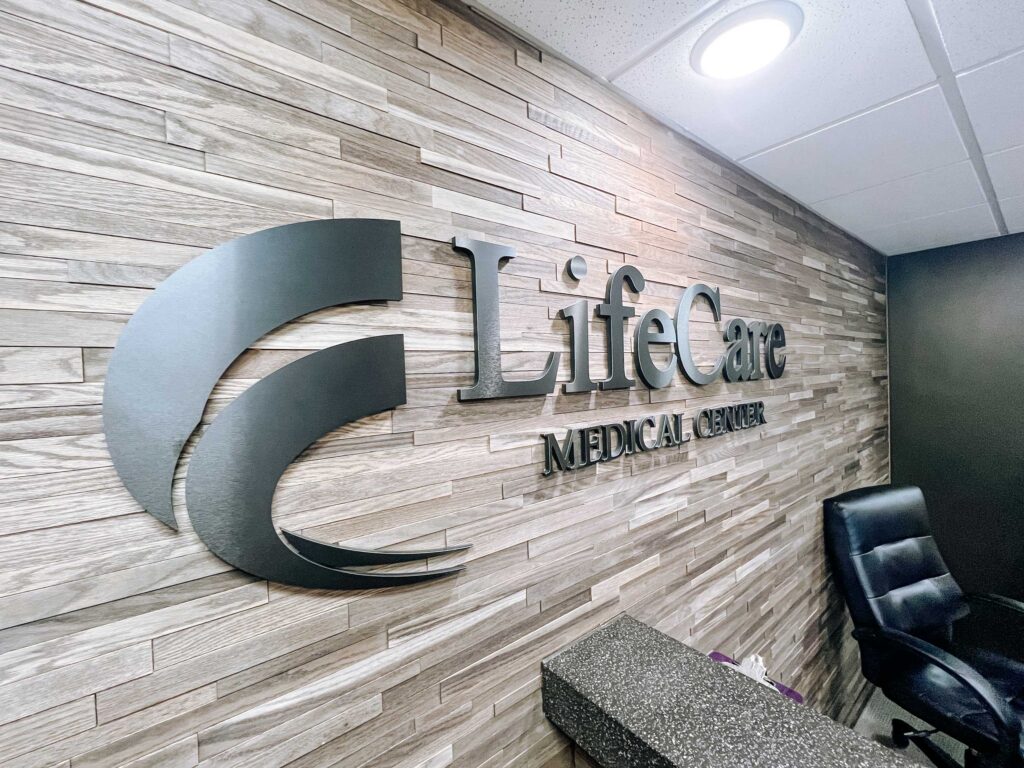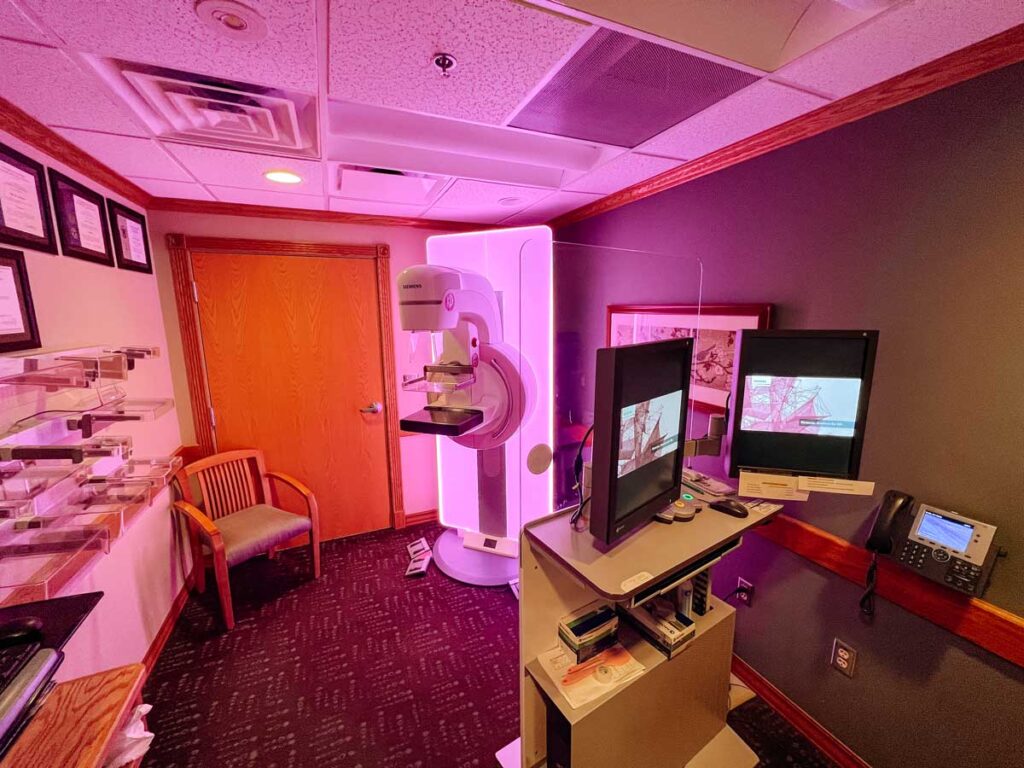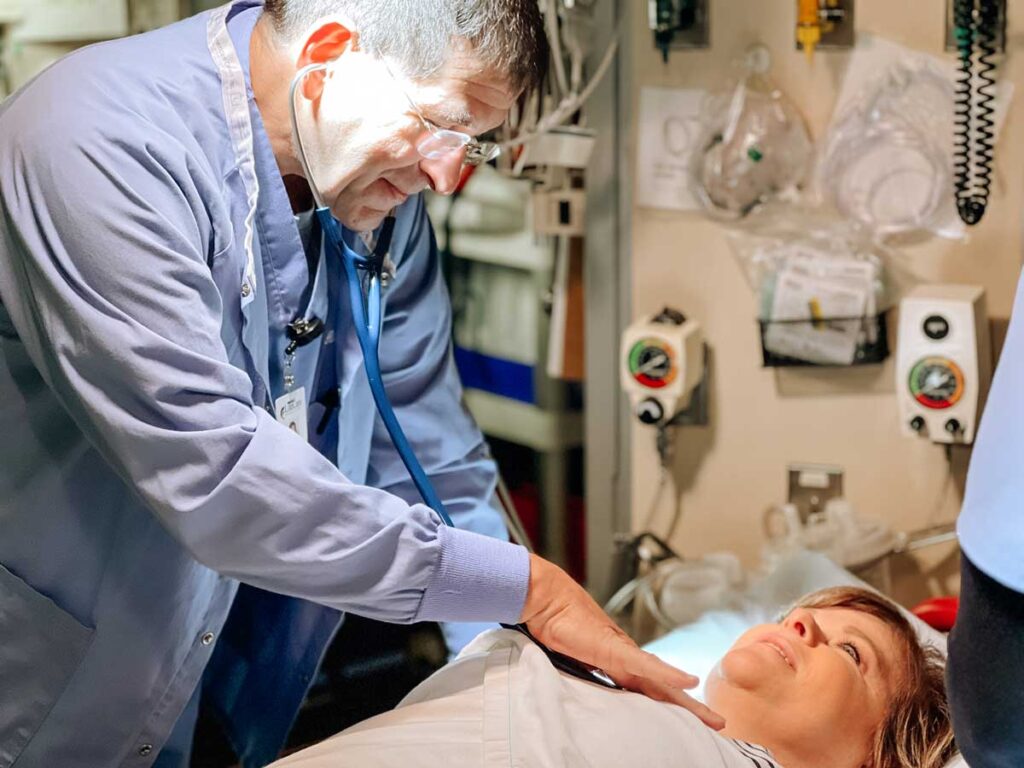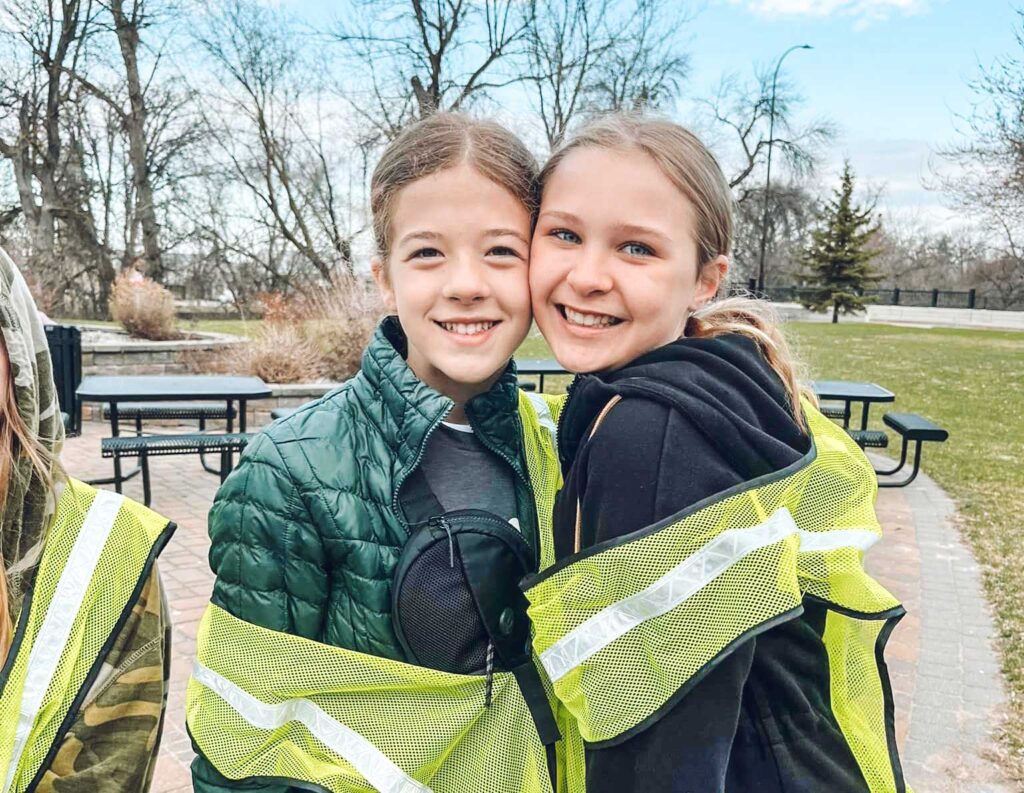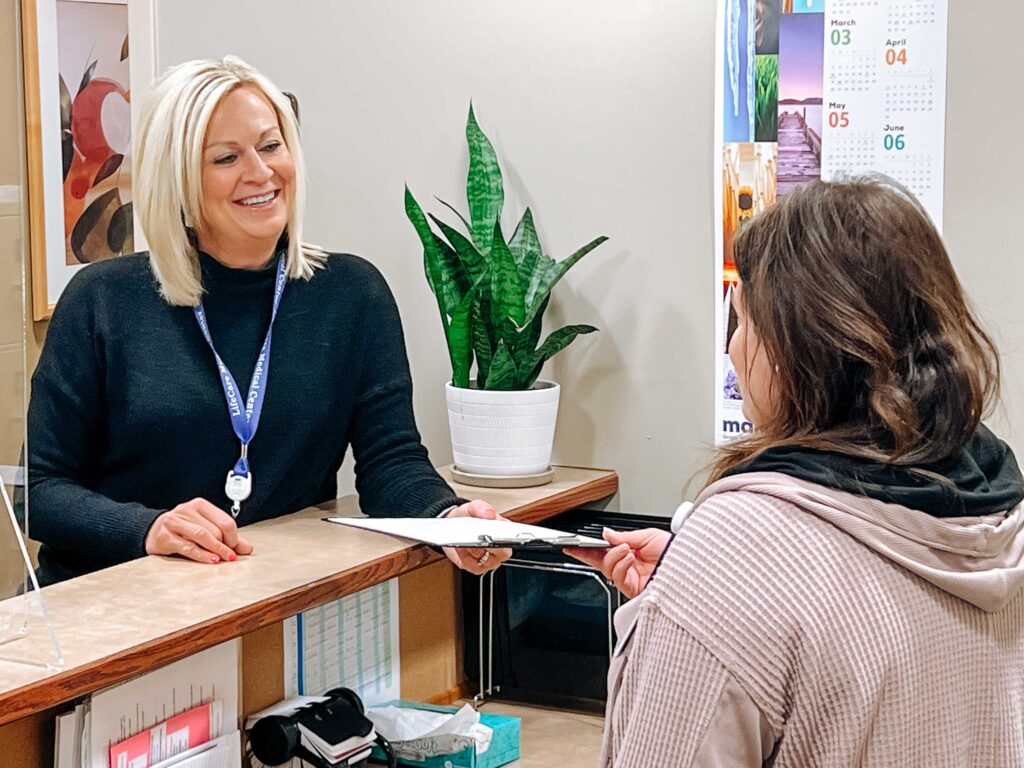Types of COVID-19 Testing Used at LifeCare Medical Center
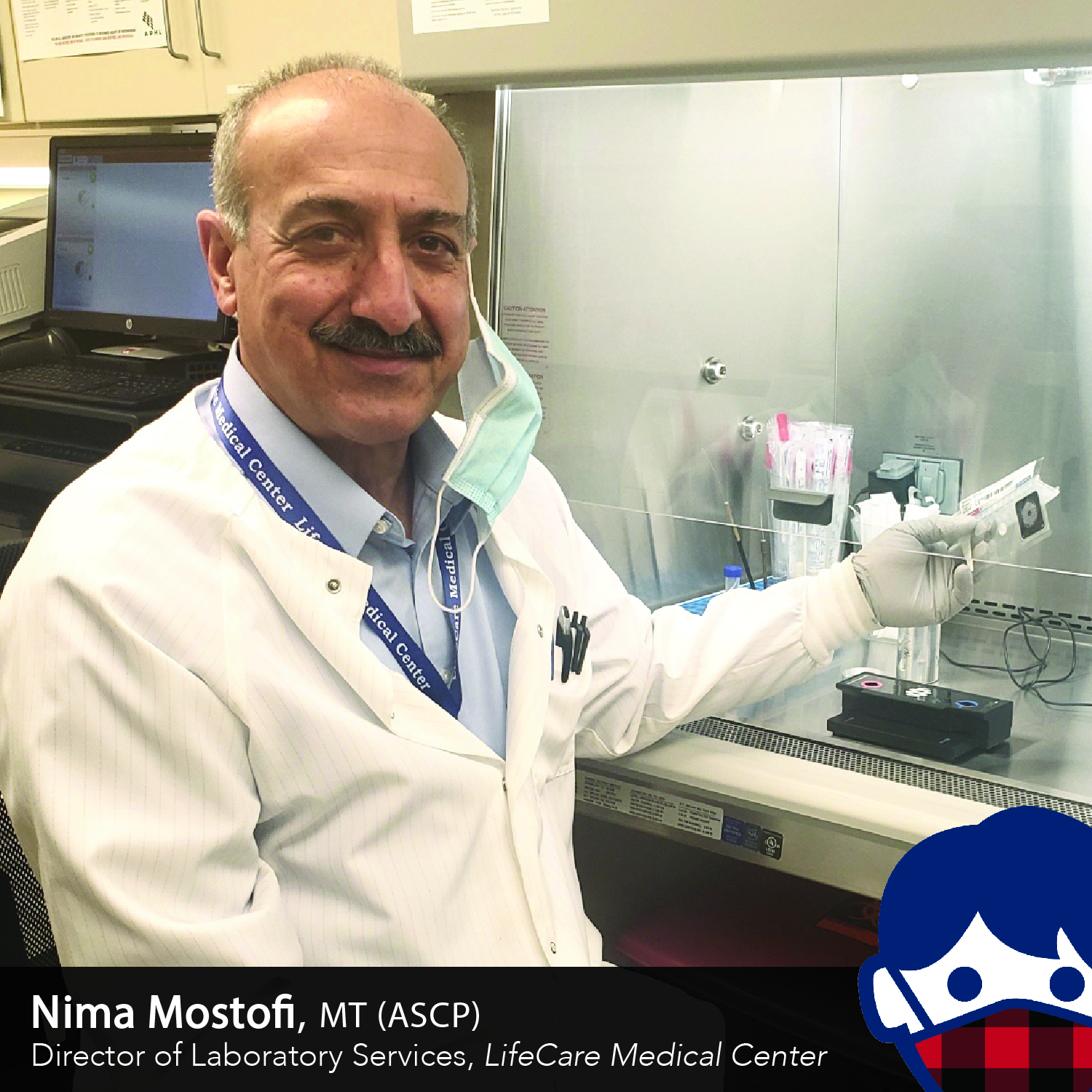
Types of COVID-19 Testing Used at LifeCare Medical Center
“There can be a lot of confusion about testing,” said Nima Mostofi, MT, Director of LifeCare Laboratory. “We want people to be confident and trust LifeCare staff to make the right decision on what type of test is best in each individual situation.”
Since March 2020, the world we live in has changed due to the Covid-19 Pandemic. Throughout the last months, we’ve gained an incredible amount of knowledge about the virus, testing, and ways to treat it.
Since the start of the nationwide health crisis, LifeCare has been extremely proactive in researching and sourcing Covid-19 testing services for Roseau County.
LifeCare’s Director of Laboratory Services, Nima Mostofi was interviewed to give us a basic course in COVID-19 testing availability at LifeCare Medical Center.
“There can be a lot of confusion about testing,” said Nima Mostofi, Director of LifeCare Laboratory. “We want people to be confident and trust LifeCare staff to make the right decision on what type of test is best in each individual situation.”
Mostofi broke down the differences between testing processes at LifeCare to help us gain a better understanding of what COVID-19 testing means.
In March, most people knew of two tests; the widely available nasal swab test that was sent out to Mayo Clinic Laboratories and the limited “rapid” test that was processed at LifeCare Lab. Mostofi will explain more about these tests as well as other LifeCare resources.
MOLECULAR/PCR TESTS
Molecular tests are commonly referred to as PCR (polymerase chain reaction) tests, which detects virus’s genetic materials. PCR tests are considered the gold standard method for diagnosing COVID-19. These are typically a nasal swab test.
By far, the most commonly used test at LifeCare and throughout the nation. These tests are very accurate and can be performed with a very tiny amount of genetic material. “This PCR test is able to pick up very small amounts of viral RNA very early in an infection, so there is a low chance for false negatives, including pre-symptomatic and asymptomatic COVID-19 cases,” says Mostofi.
Running a PCR test and reading its results requires specific supplies and testing equipment. “The reference lab we use is Mayo Clinic Lab in Rochester, Minnesota. Mayo’s turnaround time for testing depends on the transportation/delivery of the specimen. They are able to run over 10,000 tests per day”, says Mostofi. “LifeCare receives a special transport media and collection swab directly from the Mayo Lab. They are very prompt and reliable with their supply delivery.”
The PCR Rapid point-of-care tests are another type of diagnostic Covid 19 testing. The chemicals (known as reagents) are a major obstacle in the testing ability due to a nationwide shortage. LifeCare is able to perform these tests in-house, however the testing ability is directly dependent on reagents availability. These tests are in very low supply and used only in specific circumstances.
Mostofi was quick to note that although patients know they are getting swabbed for COVID-19, they might not know the exact test that’s being used based on their symptoms. “We have worked hard to source tests from several different vendors. Many other hospitals our size (and larger) have only been able to locate PCR Rapid tests from one supplier, whereas we have been able to obtain 4 different types of PCR rapid tests from a variety of resources and that’s been a game changer for us,” said Mostofi.
To date, LifeCare Medical Center front line staff have collected nearly 8,000 COVID-19 tests total and nearly half of those have been processed in the LifeCare Laboratory. “Our Lab team is exceptional and we are working around the clock to support our providers and patients,” said Mostofi.
Saliva Tests – The other type of PCR testing available in our area for COVID-19 diagnostics is the Saliva Test. Like the PCR and Rapid point-of-care test, the saliva test also detects disease by looking for traces of the virus’ genetic material on a sample. In this case the sample comes from spit, instead of from a nose or throat swab.
The test is available to all Minnesota residents at no cost through Vault Health at https://learn.vaulthealth.com/state-of-minnesota/.
The test kit will be delivered by UPS to your home where a Vault Test Supervisor will guide you through your collection process. Tests seem to be readily available, with test results coming in as little as two days.
In all Covid-19 diagnostics, time of testing is an important piece to getting accurate results. Infections can be missed if testing happens too soon following exposure. The sweet spot seems to be testing roughly 2-5 days after possible exposure. However, keep in mind that science has shown that a person can turn positive from 2 to 14 days after exposure, others have been entirely without symptoms.
ANTIGEN TESTS
Like PCR tests, Antigen tests are a diagnostic test that determines if someone has an active COVID-19 infection. Antigen tests usually require a nose or throat swab also. “Unlike PCR tests, which look for genetic material from the SARS-CoV-2 virus, antigen tests look for proteins that is a part of the virus’ surface,” says Mostofi. “These test are processed in-house at the LifeCare Lab and take less than 30 minutes to complete.”
Antigen tests are particularly useful for identifying a person who is at or near peak infection. Antigen tests are less expensive and generally faster. The downside is that they can be less accurate.
Since the antigen test is much less sensitive than PCR, it is even more important to only utilize this test for those with active COVID-19 symptoms that are shedding a large amount of virus. Antigen tests are not recommended for screening those who do not have symptoms. If a person has symptoms and receives a negative antigen test result, a provider may even order a PCR test to confirm the result.
“LifeCare has an adequate number of this rapid Antigen tests on hand, however this test will only be used for those who are very actively shedding the virus,” says Mostofi.
ANTIBODY (Serology) TESTS
Unlike the other tests listed above, antibody tests aren’t meant to pick up on current infection with SARS-CoV-2. Rather, they search the blood for antibodies; proteins the body makes in response to an infection that may provide immunity against the same disease in the future. “These tests look for SARS-CoV-2-specific antibodies to see if you’ve previously had coronavirus,” says Mostofi. “After receiving a physician order, a blood sample is collected by LifeCare laboratory and sent to the Mayo Laboratory where the antibody test is performed; with results taking 2-4 days to complete.”
These tests can be useful for people who had telltale COVID-19 symptoms but received negative test results—perhaps because they were tested later in their illness—to determine whether they likely had COVID-19 in the past.
Scientists do not yet know how well or for how long coronavirus antibodies protect someone from a future case of COVID-19. Current science suggests that a positive antibody test result does not mean you can’t get COVID-19 again.
As we continue to learn more about this virus every day, we do know getting tested and quarantining close contacts will help lower the infection rate of Roseau County. Even though the first COVID-19 vaccine was released this week, staying cautious to the virus is critical until many people are vaccinated.
Getting tested at LifeCare is easy. Simply call the 24HR Testing Hotline to set up an appointment: 218.463.4750
Nima Mostofi, MT (ASCP) joined LifeCare in June 1997 as the Director of Laboratory Services.

